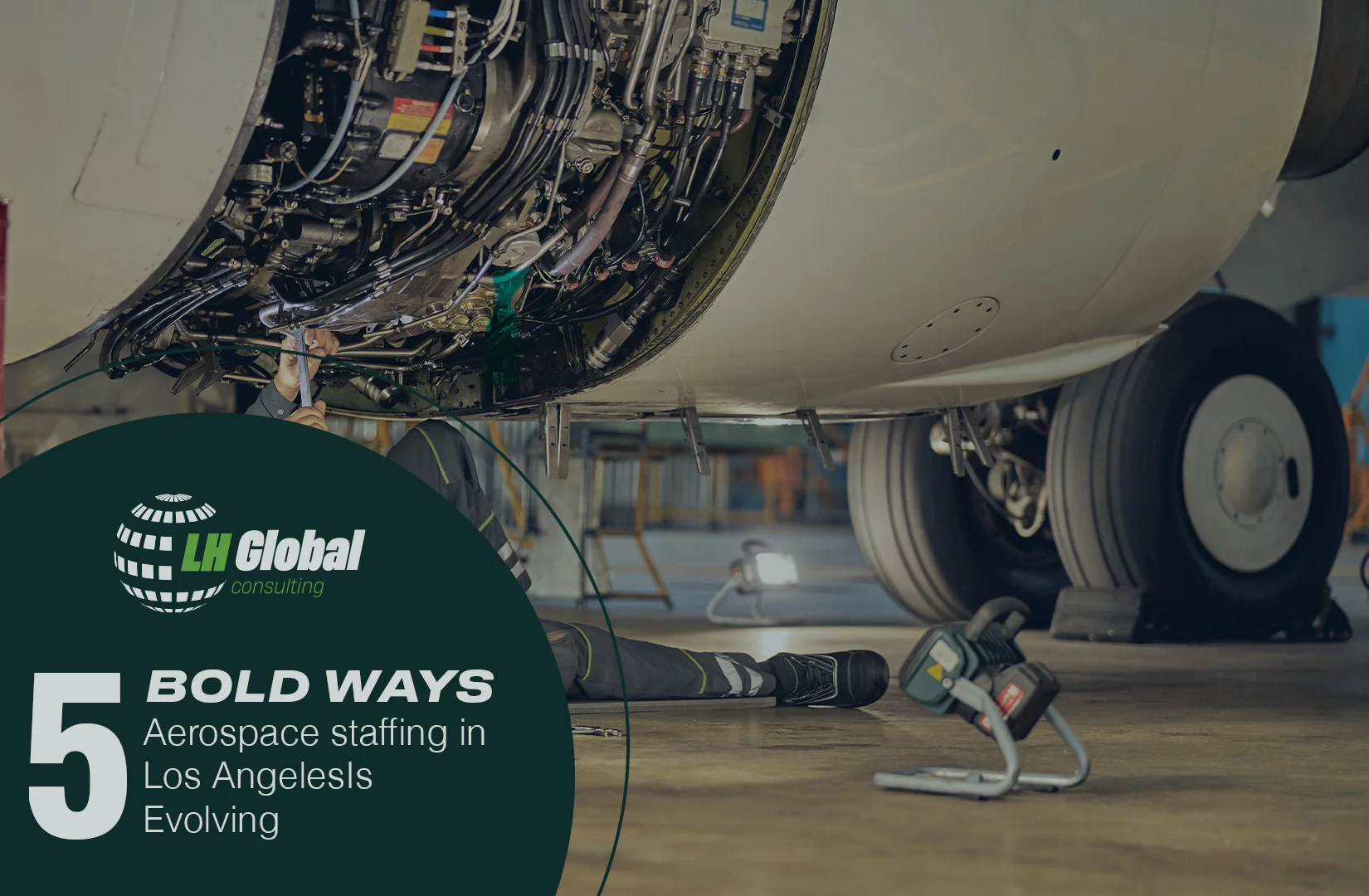Aerospace staffing in Los Angeles is at a crossroads, driven by the transformative power of lean manufacturing in a city renowned for aerospace innovation. Home to giants like SpaceX, Boeing, and Northrop Grumman, Los Angeles demands a workforce that can keep pace with cutting-edge technology and razor-sharp efficiency.
Lean manufacturing, with its focus on eliminating waste and optimizing processes, is not only revolutionizing production but also redefining the talent companies seek.
For businesses and professionals navigating aerospace staffing in Los Angeles, understanding these shifts is critical to staying ahead in a competitive, high-stakes industry.
In this blog, we uncover five key ways lean manufacturing is reshaping aerospace staffing in Los Angeles, offering practical insights for employers, hiring managers, and job seekers.
From just in time production to additive manufacturing, these trends are creating new roles, skills, and opportunities. Let’s explore how Los Angeles’ aerospace sector is building its workforce for a lean-driven future.
The Los Angeles Aerospace Landscape: High-Tech & High-Demand
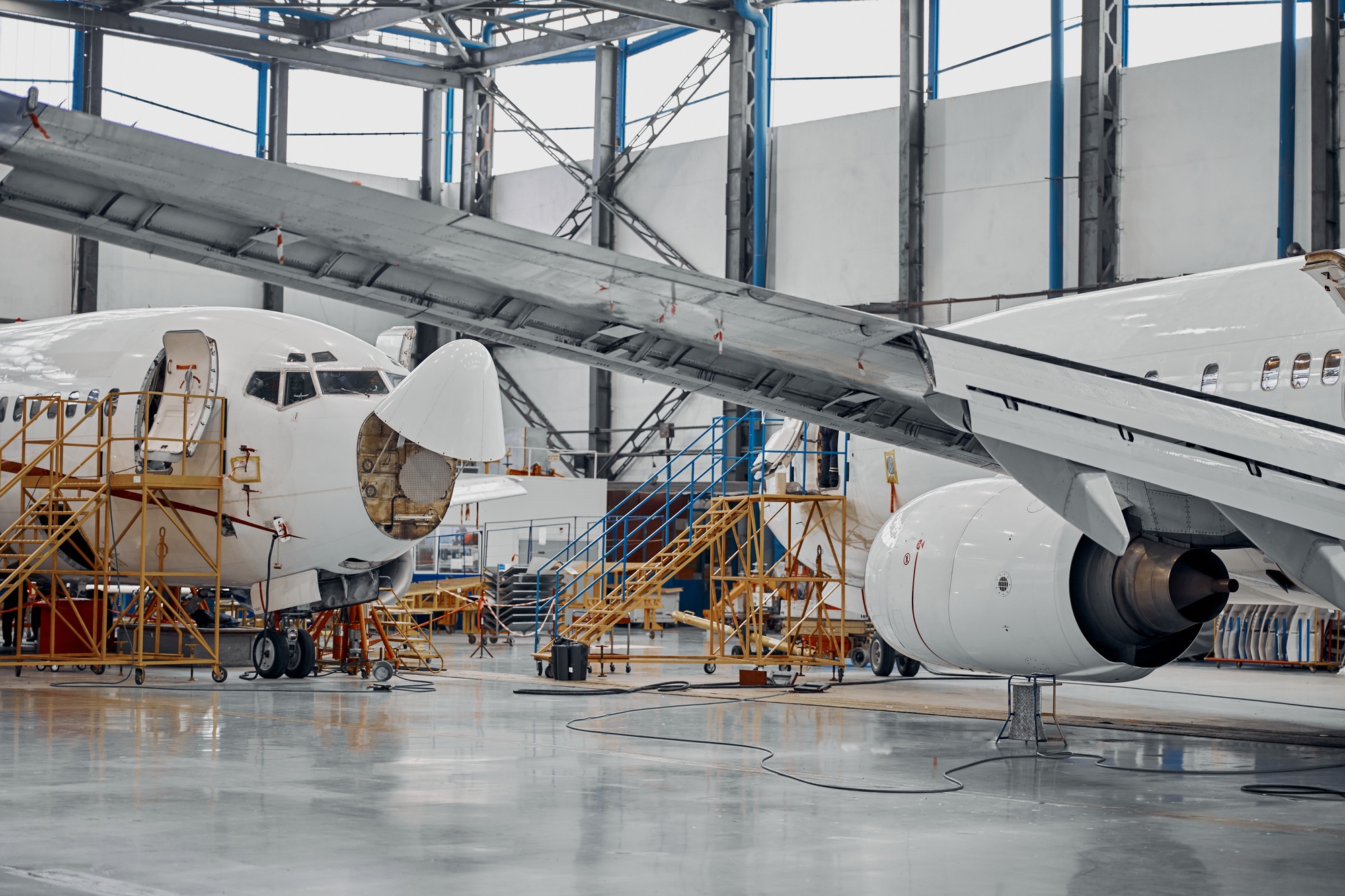
Los Angeles is a global hub for aerospace, where innovation meets ambition in a dynamic ecosystem of industry leaders and startups. From commercial jets to spacecraft, the city drives advancements that shape the future of aviation and exploration.
Yet, this thriving sector faces a pressing challenge: securing talent to fuel its growth. Aerospace staffing in Los Angeles is tasked with finding professionals who can navigate rapid technological changes and deliver precision in a high-demand market.
Why Los Angeles Leads in Aerospace
Los Angeles’ aerospace dominance stems from its unique assets—elite institutions like Caltech and USC, a robust supply chain, and proximity to major players like Lockheed Martin and Raytheon. The region supports over 90,000 jobs and generates billions in economic impact annually.
Whether it’s designing next-generation drones or manufacturing satellite components, Los Angeles sets the pace, requiring a workforce that matches its innovative drive and technical sophistication.
The Talent Crunch
The industry’s rapid evolution has sparked a talent shortage. Advances in automation, artificial intelligence, and lean manufacturing demand specialized skills, from software development to advanced materials expertise.
Companies are vying for aerospace engineers, technicians, and data analysts who can adapt to these changes.
This gap is pushing firms to rely on aerospace staffing companies to source candidates who align with Los Angeles’ high-tech, high-pressure environment, intensifying competition for top talent.
Lean Manufacturing Explained
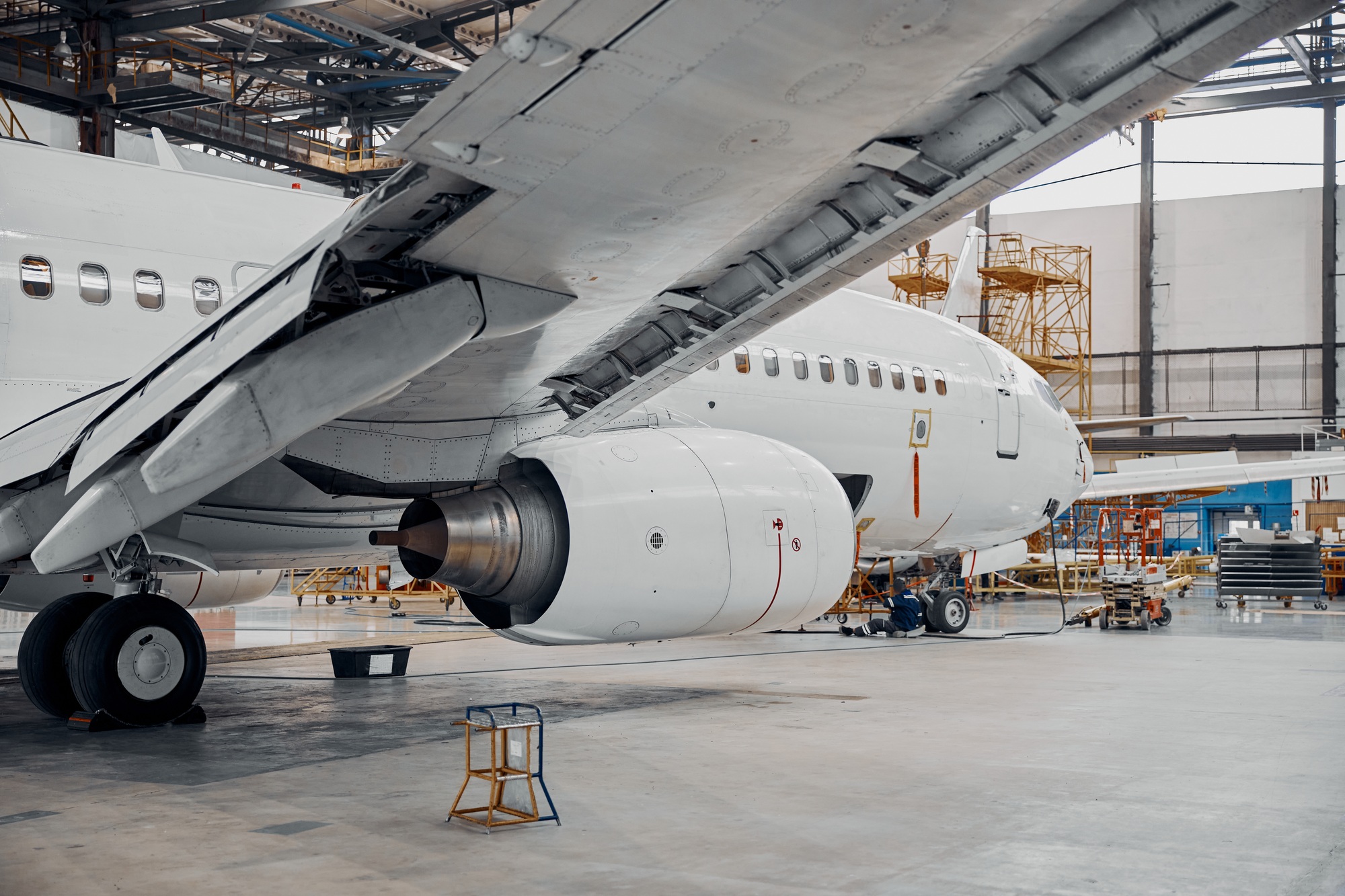
Lean manufacturing is the foundation of efficiency in Los Angeles’ aerospace industry, emphasizing streamlined processes and waste elimination to deliver maximum value.
By fostering agility and precision, lean principles enable companies to stay competitive in a fast-paced market. For aerospace staffing, lean manufacturing is a game-changer, reshaping the skills, roles, and mindsets employers prioritize to build effective teams.
Core Principles of Lean
Lean manufacturing is built on delivering what customers need with minimal resources. Its key principles include:
- Waste Elimination: Reducing excess materials, defects, and idle time.
- Continuous Improvement (Kaizen): Promoting daily refinements to processes.
- Value Stream Mapping: Optimizing every step from design to delivery.
In aerospace, these principles drive faster production of high-quality components—like aircraft fuselages or rocket parts—while keeping costs down, directly influencing hiring strategies.
Impact on Hiring Needs
Lean manufacturing requires professionals who excel in dynamic, data-driven environments. Employers now seek candidates with expertise in process optimization, analytics, and cross-functional collaboration.
For instance, a manufacturing supervisor might need lean certifications like Six Sigma alongside aerospace knowledge to streamline operations.
This shift is creating demand for versatile talent, challenging staffing firms to find candidates who can thrive in Los Angeles’ lean-focused aerospace sector. It’s about building teams that drive efficiency without compromising quality.
JIT Production & the New Hiring Timeline
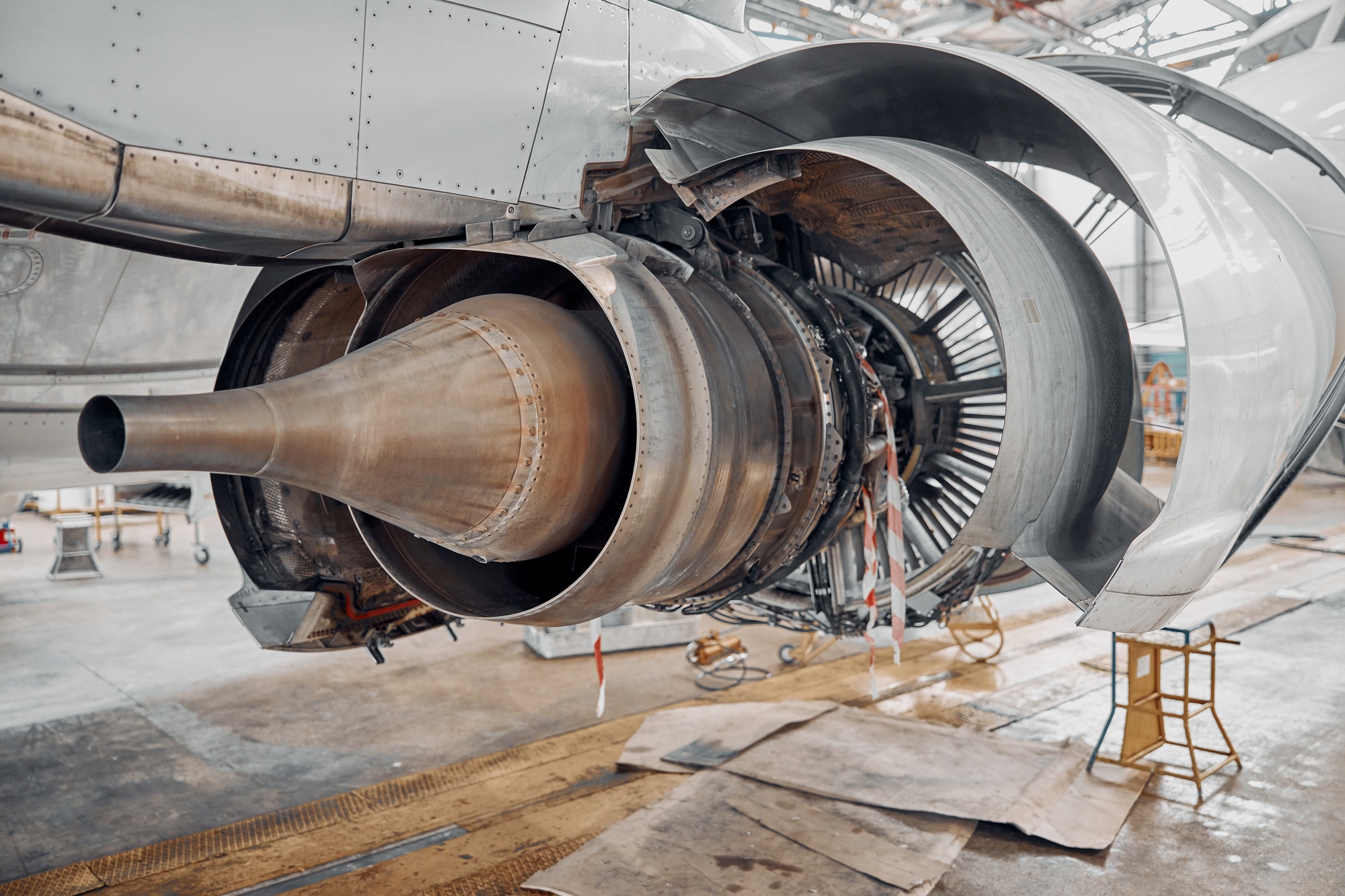
Just in time production (JIT) is a cornerstone of lean manufacturing, ensuring components arrive exactly when needed to minimize inventory costs.
In aerospace, where precision is paramount, JIT production is transforming how firms operate—and how they hire. Aerospace staffing in Los Angeles must align with this high-speed model to support seamless, cost-effective production cycles.
How JIT Changes Operations
JIT production synchronizes supply chains with manufacturing schedules, enabling firms to assemble complex systems—like jet engines or satellite arrays—without stockpiling parts.
This approach slashes storage costs, enhances flexibility, and accelerates delivery to meet tight client deadlines. However, JIT’s rigid timelines demand flawless execution, placing immense pressure on teams to perform with zero margin for error.
Staffing for Speed
The urgency of JIT production reshapes hiring priorities. Employers need professionals who thrive in high-pressure settings—supply chain analysts who ensure timely deliveries, assemblers who maintain precision at speed, and planners who prevent disruptions.
Aerospace staffing companies play a vital role, sourcing candidates who combine technical accuracy with agility to keep JIT systems running smoothly. In Los Angeles, where delays can cost millions, these roles are essential, requiring a workforce that’s both skilled and adaptable.
3D Printing & Additive Manufacturing Talent
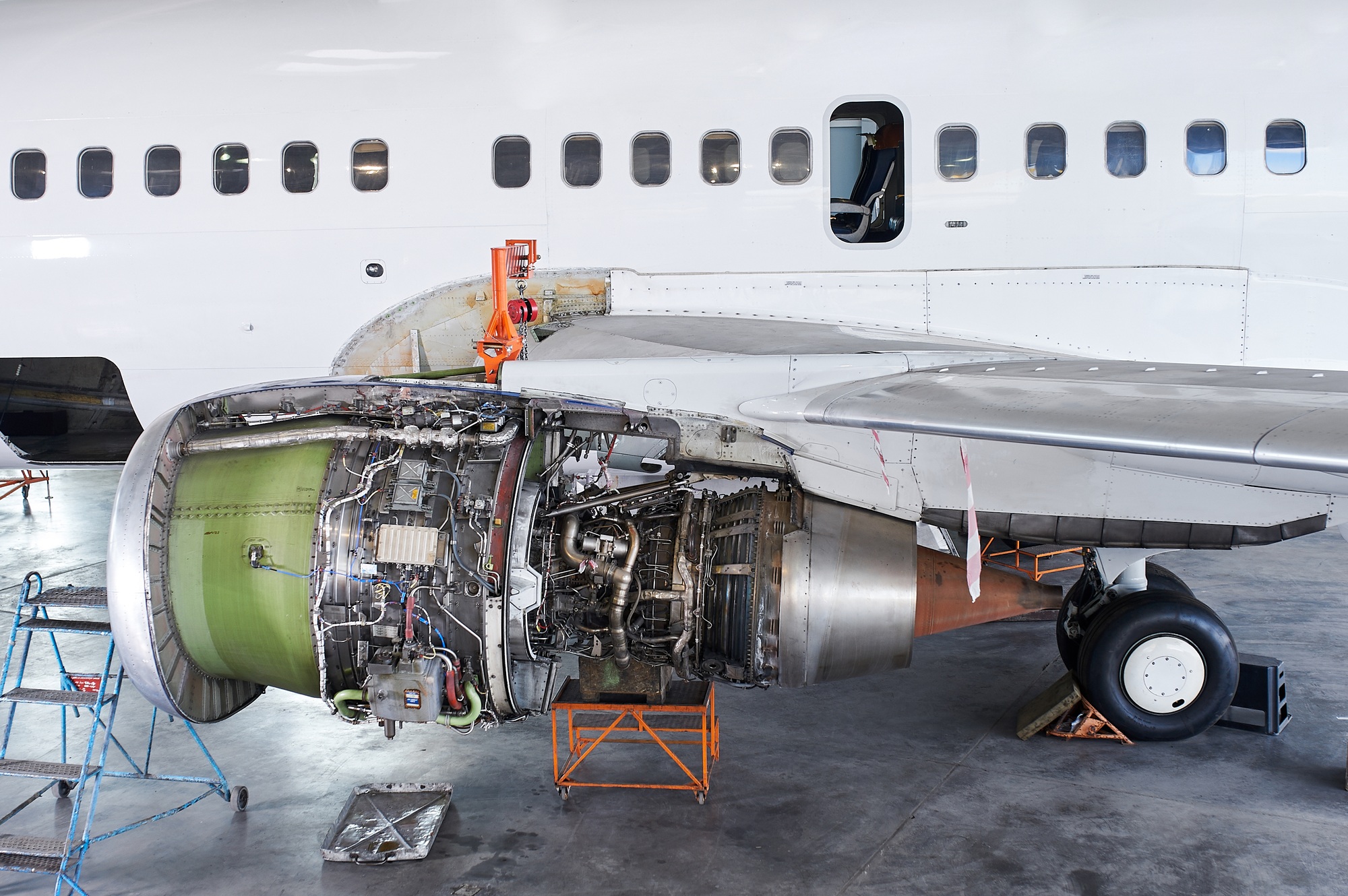
Additive manufacturing, commonly known as 3D printing, is revolutionizing aerospace by enabling rapid, cost-effective production of complex components.
From lightweight aircraft brackets to bespoke rocket nozzles, additive manufacturing is reshaping how Los Angeles’ firms innovate. For aerospace staffing, this technology is creating new roles and elevating expectations for technical expertise.
Why 3D Printing Matters
Additive manufacturing delivers transformative benefits to aerospace:
- Cost Efficiency: Uses only necessary materials, cutting waste significantly.
- Rapid Prototyping: Speeds up design testing for faster innovation cycles.
- Complex Geometries: Produces parts unachievable with traditional methods.
In Los Angeles, companies leverage 3D printing to stay competitive, whether prototyping drones or refining jet engine components, driving demand for talent who can harness its potential.
Skills in Demand
Additive manufacturing requires specialized professionals, including:
- Additive Manufacturing Engineers: Designing 3D-printed aerospace parts.
- Materials Scientists: Developing advanced alloys or composites.
- Printer Technicians: Operating and maintaining 3D printing systems.
These roles demand proficiency in CAD software, materials science, and lean principles, aligning with the industry’s efficiency goals. Staffing firms are racing to find candidates who bridge these technical and innovative demands in Los Angeles’ talent market.
Comparison Table
Here’s how traditional and additive manufacturing roles differ:
|
Aspect
|
Traditional Manufacturing
|
Additive Manufacturing
|
| Skills Needed |
Machining, welding
|
CAD design, 3D printing
|
|
Training Time
|
6-12 months
|
3-6 months (specialized)
|
|
Role Examples
|
CNC machinist
|
Additive engineer
|
|
Tech Proficiency
|
Moderate | High (software-driven) |
This table underscores the shift toward advanced skills, highlighting why staffing firms must prioritize candidates tailored to additive manufacturing.
What Aerospace Companies Now Expect from Staff
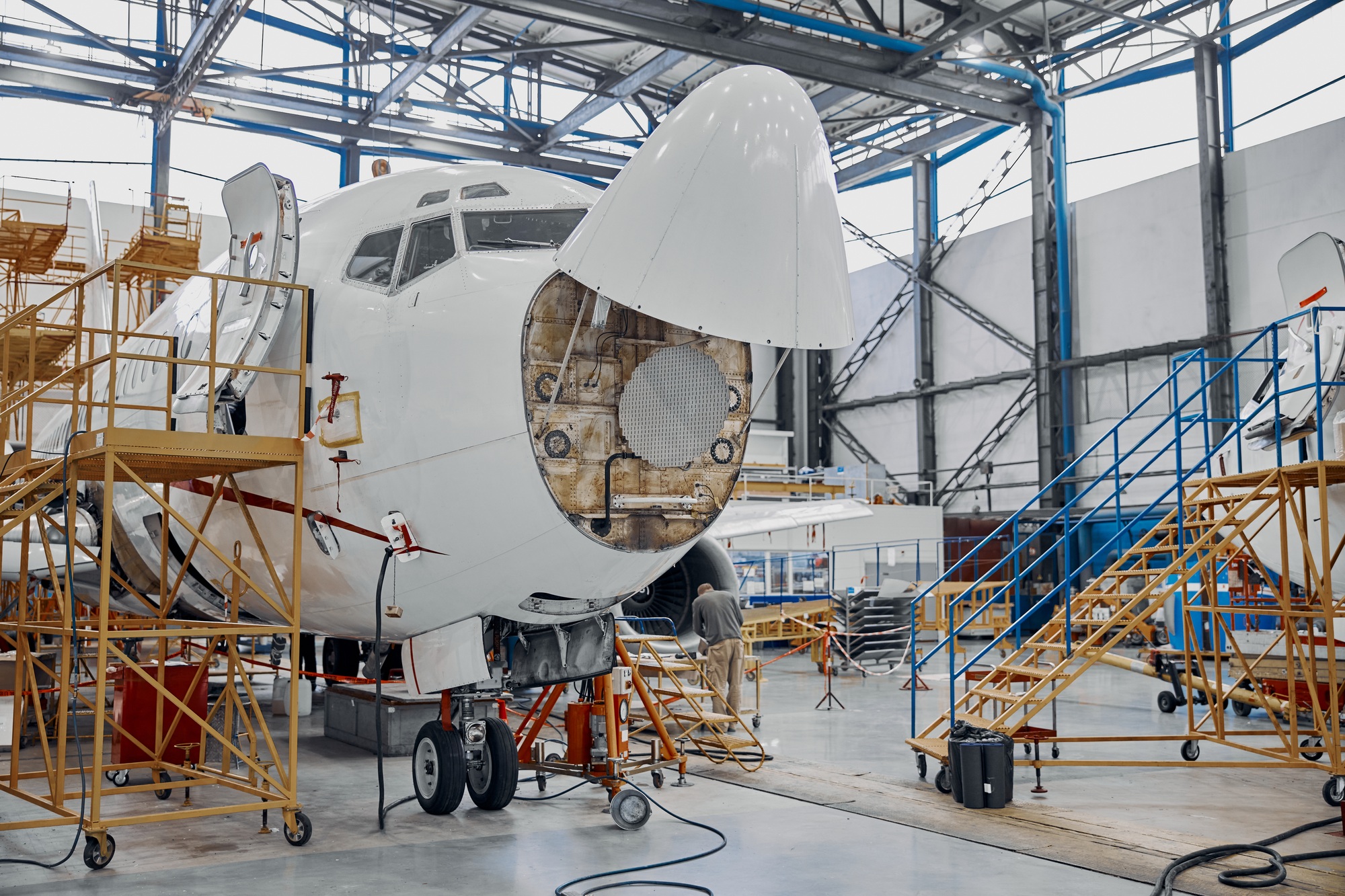
Lean manufacturing and emerging technologies are raising the bar for aerospace professionals, particularly aerospace engineers. In Los Angeles, employers seek candidates who combine technical mastery with the flexibility to excel in lean-driven environments. Understanding these expectations is crucial for navigating the evolving job market and building effective teams.
Technical Expertise
Aerospace engineers are expected to master:
- CAD Software: Tools like CATIA for precision component design.
- Automation Systems: Robotics and lean tools like Kanban for efficiency.
- Data Analytics: Using production metrics to optimize workflows.
These skills enable engineers to drive lean goals, such as reducing cycle times and enhancing quality, making them indispensable in Los Angeles’ competitive market.
Adaptability and Collaboration
Lean environments also demand soft skills:
- Flexibility: Adjusting to rapid shifts in JIT or 3D printing projects.
- Teamwork: Collaborating across departments to streamline processes.
- Problem-Solving: Tackling inefficiencies with creative, lean-focused solutions.
Aerospace engineers who blend technical prowess with these traits are highly valued in Los Angeles, where lean manufacturing requires both innovation and seamless coordination.
How Continuous Training Shapes Aerospace Staffing Success
In this video “Why Continuous Training of Employees Stays a Key Factor of Success“, Mr. Mara Grossi, the group CFO, addressed the challenges and strategies facing the company regarding workforce management amid ongoing expansion plans.
With all hangers booked across locations, there is a pressing need for skilled workers to meet operational demands. Mr. Grossi emphasized the importance of having a loyal and experienced staff, noting that many employees have been with the company for years, which contributes to maintaining high-quality operations.
He also confirmed the termination of COVID-19-related safety measures as of late February, signaling a return to normalcy.
The CFO outlined three key milestones for the company moving forward: strict cost and efficiency control, developing training programs to ensure workforce quality, and securing funding for future expansion.
The discussion concluded with an optimistic note about future engagements and a hope for continued safety.
Finding the Right Engineers in Los Angeles
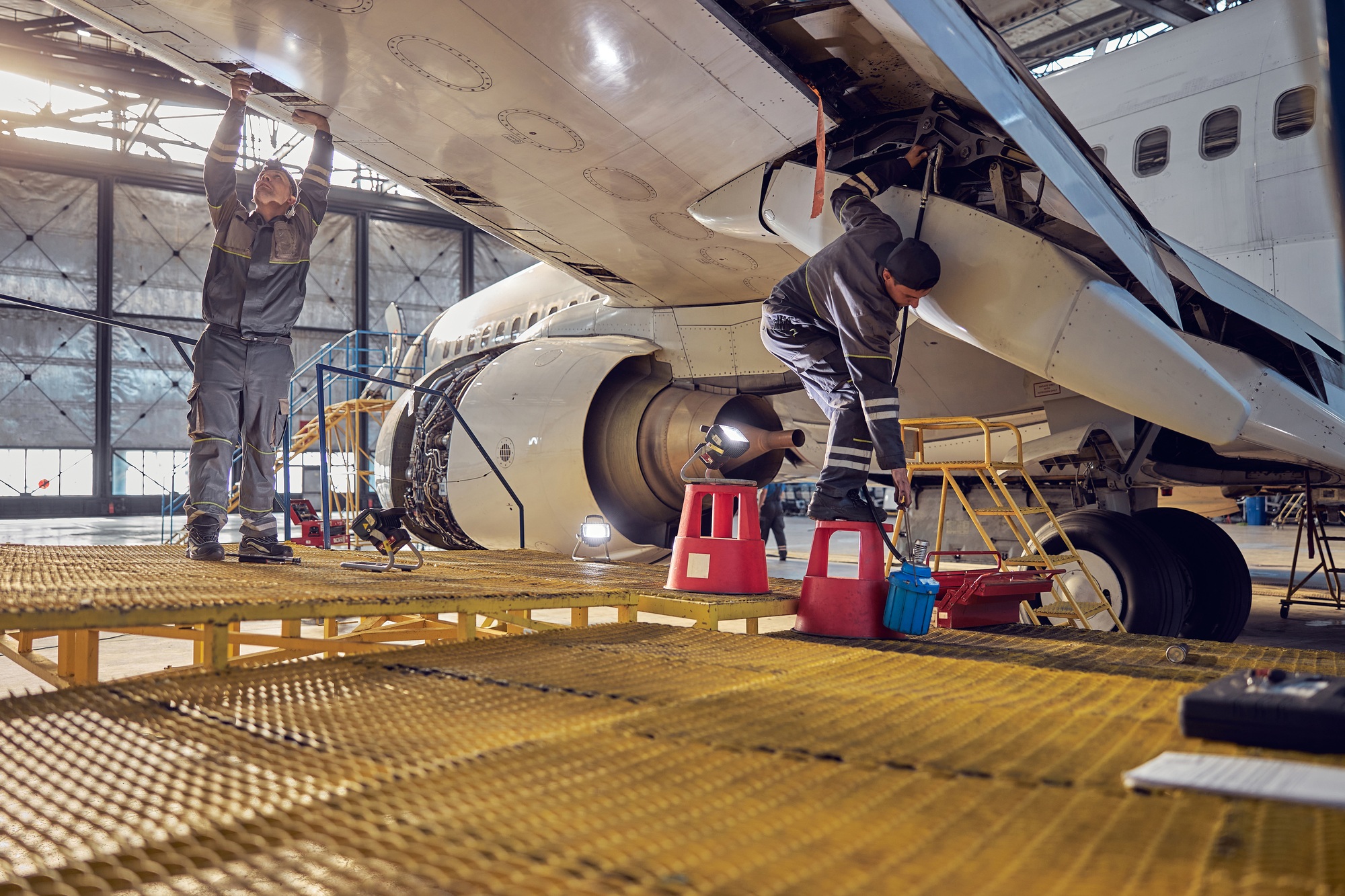
As lean manufacturing reshapes aerospace staffing in Los Angeles, sourcing top talent is both more complex and more critical than ever.
Aerospace staffing companies are essential in connecting employers with professionals who meet these elevated standards. For companies aiming to lead in Los Angeles’ aerospace surge, partnering with the right staffing firm is a strategic advantage.
Why Staffing Firms Matter
Aerospace staffing companies provide:
- Speed: Filling roles quickly to maintain project momentum.
- Precision: Matching skills and culture to company needs.
- Access: Tapping networks of vetted aerospace engineers and specialists.
In Los Angeles’ talent-scarce market, these firms ensure businesses secure professionals equipped for lean challenges, from JIT precision to additive manufacturing expertise.
Partnering with LH Staffing
LH Staffing, a division of LH Global Consulting, is a leader in aerospace staffing in Los Angeles, delivering tailored solutions since 2017. Specializing in rapid, high-fit placements, LH Staffing connects businesses with pre-screened, culturally aligned candidates in 24–48 hours.
From aerospace engineers fluent in additive manufacturing to lean-trained technicians, their innovative video profile process ensures every hire aligns with client goals, serving names like Honda and Samsung with precision.
Ready to elevate your aerospace team in 2025?
Don’t let talent gaps stall your progress. Partner with LH Staffing for expert aerospace staffing in Los Angeles, delivering lean-ready engineers and specialists in just 24–48 hours.
Contact us today to build a workforce that powers your success. Act now—your next great hire is within reach!
FAQs
1- What does aerospace staffing involve?
It focuses on recruiting skilled professionals, like engineers and technicians, to meet the industry’s technical and innovative demands in Los Angeles.
2- How does efficiency impact aerospace hiring?
Streamlined processes prioritize candidates who can optimize workflows and reduce costs, aligning with modern production goals.
3- What technical skills are most valued in aerospace?
Proficiency in design software, automation, and data analysis is critical, alongside adaptability to fast-paced environments.
4- Why is Los Angeles central to aerospace innovation?
Top universities, major companies, and a vibrant ecosystem drive advancements in aviation and space technology.
5- What’s the benefit of timely production systems?
They reduce inventory costs and speed up assembly, ensuring projects stay on schedule with minimal waste.
6- How does 3D printing create new roles?
It demands specialists in designing and producing complex parts, shifting focus to advanced technical expertise.
7- What services do staffing firms offer?
They provide fast, precise hiring solutions, connecting companies with talent tailored to project needs.
8- Why is aerospace talent hard to find?
Rapid technological changes require niche skills that traditional training often can’t supply quickly enough.
9- Can efficient processes lower hiring expenses?
Yes, by focusing on versatile professionals, companies reduce redundancy and streamline recruitment efforts.
10- Why is prototyping important in aerospace?
It accelerates innovation, allowing firms to test designs quickly and refine products cost-effectively.
11- How do engineers contribute to efficiency?
They use analytics and optimization tools to improve production, ensuring high quality with minimal resources.
12- What challenges come with tight production timelines?
They require workers who can deliver precision and speed, maintaining quality under strict deadlines.
13- How do firms source 3D printing experts?
They rely on networks to identify professionals with specialized training in advanced manufacturing.
14- Why is adaptability key in aerospace roles?
Evolving projects demand workers who can pivot quickly to meet changing technical and operational needs.
15- Does teamwork improve production outcomes?
Yes, collaboration across departments eliminates bottlenecks, boosting efficiency and project success.
16- What’s the role of robotics in aerospace?
Automation streamlines repetitive tasks, increasing demand for professionals skilled in system integration.
17- How does aerospace benefit Los Angeles’ economy?
It generates jobs and revenue, supporting growth across manufacturing, tech, and related sectors.
18- Are staffing firms cost-effective for hiring?
They save time and resources by delivering pre-vetted candidates who fit specific project requirements.
19- What training boosts aerospace career prospects?
Certifications in process improvement and technical skills enhance competitiveness in a dynamic market.
20- How can I succeed in Los Angeles’ aerospace industry?
Develop expertise in design tools, teamwork, and adaptability to excel in a fast-evolving field.

